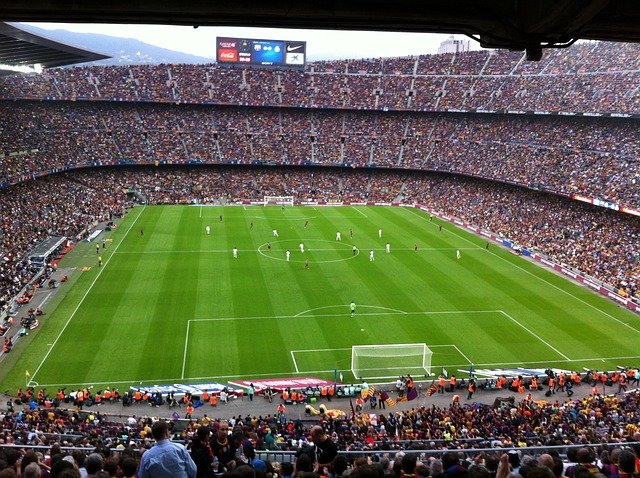
Jakarta Provincial Government immediately build an international football stadium in October 2018 in the area of Tanjung Priuk, North Jakarta.
Development cost Rp4, 7 trillion is the concept of public private partnership (PPP).
Deputy Governor of DKI Jakarta, Sandiaga Uno said the stadium construction project involves stakeholders and all levels of society in Jakarta, from planning to realization stage. For that, Sandi continued, it first conducted a public test in the form of interactive discussion forum Cooperation Government with Business Entity (KPBU) DKI Jakarta football stadium.
According to Sandi, this activity is carried out to offer and present DKI Jakarta stadium construction project to the citizens of Jakarta in order to realize the international football stadium. "We are launching today the public test of KPBU process to present Jakarta football stadium, it is expected to be built in October 2018. This concept is partnership of government and business entity, and Jakarta Provincial Government is PJPK (Project Management Cooperation)," said Sandi at City Hall of DKI Jakarta on Friday, May 4, 2018 yesterday.
Sandi explained, the construction of the stadium which will be named Jakarta International Stadium (JIS) that cost Rp4, 7 trillion. However, its members are not taken from the Regional Budget (APBD), but from the cooperation done by the government with the business entity and the concept of public private partnership.
Later, the stadium is built on a land area of 26.5 hectares will be equipped with commercial and non-commercial facilities, including mosques, ballrooms, shopping centers, hotels, low-income housing and apartments. In addition, the public can also enjoy Public Open Space around Lake Sunter and Green Open Space (RTH) inside the stadium complex.
"The most important thing is there is a mosque and also a house (residence) with DP Zero Rupiah for the community (around) .Focus we want to present that Mr. Governor often convey, always justice, that we must side with the community that until now has not been touched by development program and marginalized, "he said.
In addition, the stadium is designed with an audience capacity of up to 50,000 spectators, and will be built with the concept of multievent arena. Thus, the football stadium of DKI Jakarta is not only able to accommodate sports activities, but also music entertainment activities, wedding events and others with the concept of contemporary.
To make it easier for the public or the audience to come to the stadium, Sandi provides 70-80% using an integrated public transportation mode. He mentioned at least there will be four choices of transportation mode, other than Transjakarta.
"The toll road will be upgraded, the KRL will be opened by the station there again we lobby PT KAI, and our LRT will open there," he said.
Meanwhile, Trisakti University urban observer, Nirwono Joga asked the Provincial Government of DKI Jakarta to ensure that the land built must be clear and clean, there is no land dispute and certainty of designation as green space that will not be changed as in the case of eviction of Menteng Stadium and Lebak Bulus Stadium.
To the third party who will build and manage the stadium, Nirwono continued, should be able to develop stadiums and sports complex in a professional manner so that the operation and maintenance of the stadium can be independent of the burden of the APBD. Whether still managed by a third party or until it has been submitted to the local government.
"The local government should support with the planning of the stadium and sports complex area so that in the future it can be like Gelora Bung Karno stadium, mass transportation network (MRT / KA, LRT / light rail, trans bus), control of the focus area designation as supporting related sports activities such as venue , homestead or athlete's apartment, "he said.